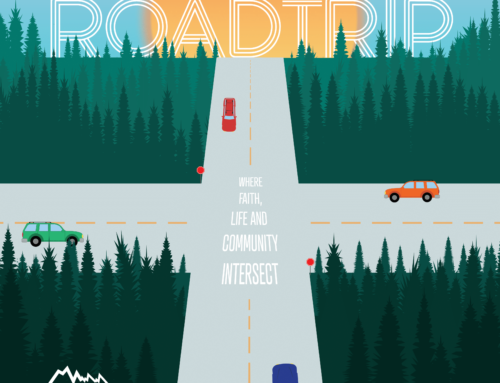“Divine Interruptions.” Several people (from John Ortberg to Rachel Held Evans) have elaborated on this concept . We’re aware of their existence, but how do divine interruptions intersect with social media and our digital lives?
First, I offer a working definition of a divine interruption: a moment that shifts you from your expected or routine state toward a God-intended purpose. These are unexpected moments, during which we might step back to see God at work. Sometimes these moments come from internal promptings; other times there are external triggers. The intention of divine interruptions is God’s “tap on the shoulder” to pay attention to him.
So how does this intersect with social media or texting in youth ministry? Digital connections are the first medium for most youth. When their devices buzz, the youth typically respond almost immediately. For many students within our youth ministries, they’ve been us permission to connect with them digitally.
Perhaps we might be able to offer “divine interruptions” from time to time. While we do use digital connections to disseminate information (e.g. “youth group starts in 1 hour”), we can also model moments of divine interruption with them. Here are some examples:
- Periodically, send a text to let youth know you’re praying for them at that moment (and maybe ask for a prayer request).
- Send a biblically-inspired meme via Snapchat or Instagram during the week.
- Encourage them by text or social media to stop in the middle of what they’re doing and reflect on a question you send out (e.g. After school, send one such as, “How does God see the 5 people around you right now?”)
- Give examples of divine interruptions you have experienced. After you’ve had one with God, send a pic and give a quick reflection on what God just interrupted you with.
Many of our students are busy, and we can’t always have regular face-to-face meetings. But digital connections still allow us to send (and receive) moments that help our youth step back and look for what God might be revealing in moments. And those times are significant, even if we’re not face to face to share them.




Leave A Comment